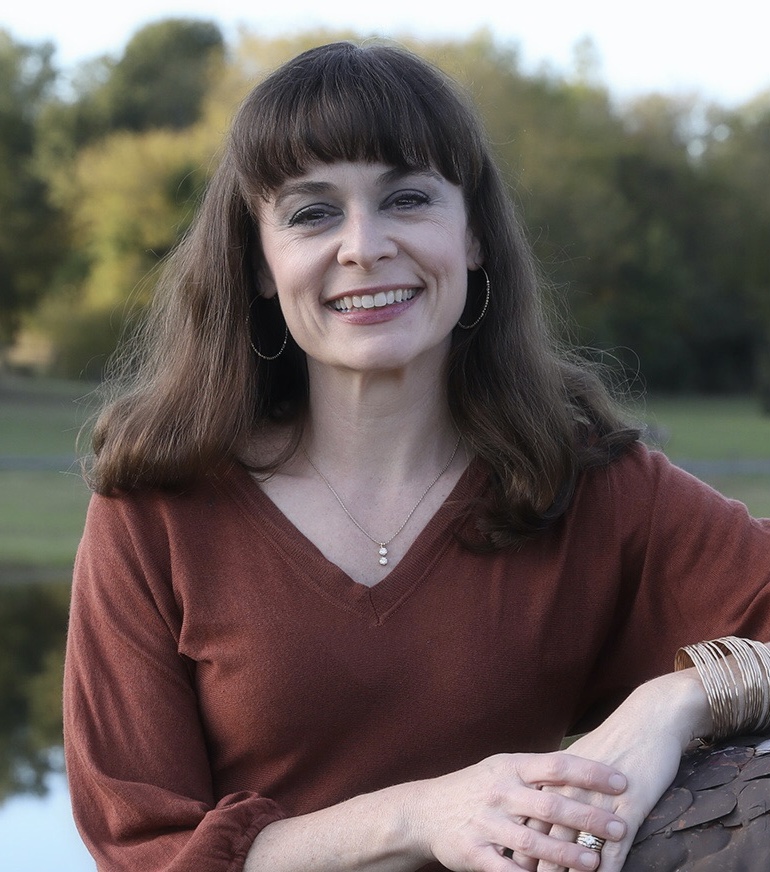Q & A with Amanda Green, MD, FACP, FHM, HMDC, CPPS, Paris Regional Medical Center, Paris, Texas
Though becoming a hospitalist was a bit unplanned for Dr. Green, she’s thrived as a rural community hospitalist and enjoys bringing her perspective to The Hospitalist’s editorial board.
Best advice for new hospitalists? Long term, I recommend continuing to nurture life outside the hospital. Short term, I advise finishing notes, discharge summaries, and other work daily as it builds up very quickly.

Dr. Green
Q: Why did you choose a career in hospital medicine?
Becoming a hospitalist was a bit unplanned. When Paris Regional Medical Center started a hospitalist program 14 years ago, the doctor I was working for in clinic asked if I wanted to attend the organizational meeting. At the meeting, he then offered that he and I would job-share a hospitalist position with the new group (a surprise to me!). I trained as a primary care internal medicine resident and had planned to be a primary care clinic doctor. I did miss hospital medicine and caring for patients in both inpatient and outpatient settings helped me with the big picture of care.
Q: What’s been your biggest success?
Raising two happy, successful children has been my biggest success. And I attribute, in part, the flexibility of being able to work as a hospitalist to this as I was able to be present during their childhoods.
Q: What challenges have you overcome?
At times when I worked as medical director for my group, I faced challenges from administrators where it was difficult to advocate for my team. I currently find insurance company tactics a difficult challenge as I try to advocate for patients and my hospital.
Q: What makes you happiest about the work you do?
My best days are when I have patients and families where communication is smooth, and I feel like I have helped them. My medical staff colleagues, both hospitalists and specialists, as well as other members of our health care team, are the other reason I enjoy my work.
Q: Why did you join SHM?
SHM provides excellent educational opportunities for clinical issues as well as sounding boards for issues through special interest groups. As a hospitalist medical director, it was important to me to be involved in SHM, and it provided me with needed national guidelines and standards as I worked to lead a local group.
Q: Why did you become an editorial board member?
I hoped to provide a viewpoint as a rural community hospitalist and also gain experience and perspective working with other hospitalists (many of whom are from academic settings) as we work to develop an internal medicine residency program in Paris.
Q: What’s the first page you turn to when you get your copy of The Hospitalist?
I generally read it in order, but one of my favorite sections is the summaries of the evidence—In the Literature.
Q: What topics would you like to see more of in The Hospitalist?
I think advice on documentation, coding tips, and strategies is helpful, as are updates to changes in how hospital groups are organized as they care for patients in changing times.
Q: What’s something someone would be surprised to know about you?
Our family lives on 40 acres in Paris in a home designed like a castle with a drawbridge and a dragon by the pond.
Q: What do you wish the world knew about hospitalists?
I wish the world knew that hospitalists represent a group of inpatient specialists with our own complicated procedures that we navigate and manage.
In a word, hospitalists are/hospital medicine is…dynamic.
Q: How do you stay motivated during stressful days?
It is counterintuitive, but I remind myself when I have too much on my plate of what could happen if I just don’t get those items done. With the exception of true emergencies, the consequences are not high if I just didn’t do the work, which helps me be less stressed and perform the work in manageable chunks. If the stress is interpersonal, I usually remind myself that I won’t be able to remember how stressful the interaction was in a month or so and try to get my mindset to that point.
Dr. Green earned her medical degree from Baylor College of Medicine, Houston, and completed her residency at Duke University Medical Center, Durham, N.C.
Very nice article. Thank you Amanda for your service to so many people!
She is such a dedicated hard worker to her job and her family
Dr Green is the best mom ever and so involved in the community <3